Herbal Teas and Medications: Potential Interactions to Review
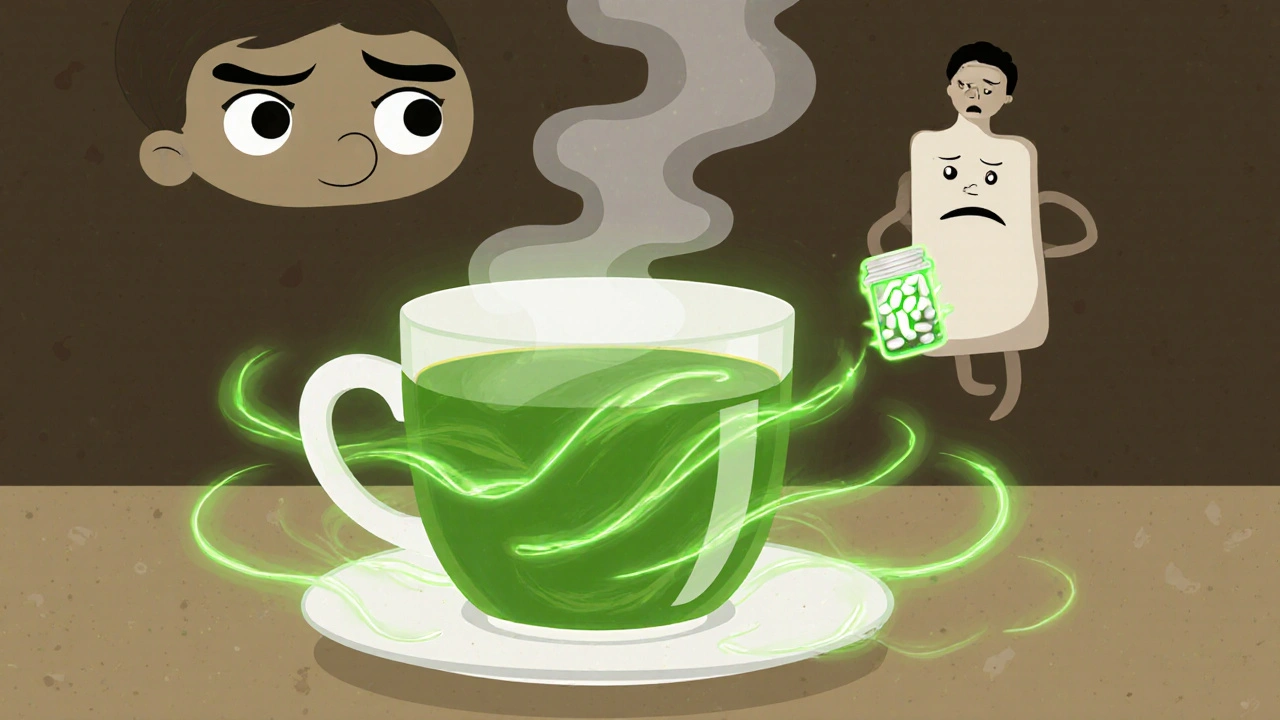
Drinking herbal tea feels harmless-warm, calming, natural. But if you’re taking prescription meds, that cup of chamomile or hibiscus might be doing more than soothing your throat. It could be making your blood pressure drop too low, thinning your blood dangerously, or even canceling out your heart medication. The truth? Herbal teas aren’t just harmless drinks. They’re active substances that can change how your body handles drugs.
Why Herbal Teas Can Interfere with Medications
Most people don’t think of tea as a drug. But herbal teas contain powerful plant chemicals that interact with your body the same way prescription meds do. These interactions happen in two main ways: either the tea changes how your body absorbs, breaks down, or gets rid of the drug (pharmacokinetic), or it makes the drug work too hard or not enough (pharmacodynamic). For example, green tea is full of a compound called epigallocatechin gallate (EGCG). In lab studies, EGCG blocks the transporters your body uses to absorb certain drugs. One 2023 study found that drinking three strong cups of green tea daily cut the blood levels of the beta-blocker nadolol by 85%. That’s not a small drop-it means your heart medication might not be working at all. Another example: St. John’s wort tea, often used for mood support, speeds up the liver’s ability to break down drugs. This can knock the levels of antidepressants, birth control pills, and even HIV meds down so low they stop working. The National Center for Complementary and Integrative Health (NCCIH) says this is one of the most dangerous interactions out there.High-Risk Herbal Teas and Their Medication Risks
Some herbal teas have well-documented, serious interactions. If you’re on any of these medications, avoid these teas-or talk to your doctor first.- Green tea and statins (atorvastatin), beta-blockers (nadolol), or antiretrovirals: Reduces drug absorption by up to 85%. Can make your meds useless.
- St. John’s wort and antidepressants, birth control, blood thinners, or transplant meds: Causes drugs to break down too fast. Risk of treatment failure.
- Ginkgo biloba and warfarin, aspirin, or NSAIDs: Increases bleeding risk. Documented cases of brain bleeds in people taking both.
- Hibiscus tea and blood pressure meds (lisinopril, losartan): Can cause dangerous drops in blood pressure. Some patients hit systolic readings below 90 mmHg.
- Chamomile and birth control pills, blood thinners, or sedatives: May interfere with liver enzymes that process these drugs. Early evidence suggests it could reduce birth control effectiveness.
- Goldenseal and most prescription drugs: Blocks key liver enzymes (CYP3A4 and CYP2D6) that break down over half of all medications, including painkillers, heart drugs, and antifungals.
- Licorice root tea and diuretics, blood pressure meds, or heart failure drugs: Lowers potassium, which can trigger dangerous heart rhythms.
What About Cranberry and Ginger Tea?
Cranberry tea is often called a natural blood thinner. Some studies say it boosts the effect of warfarin, raising INR levels and increasing bleeding risk. Others found no effect. The inconsistency is why experts say: play it safe. If you’re on warfarin, skip cranberry tea. Ginger tea is another gray area. It’s popular for nausea and inflammation, but it also has mild antiplatelet effects. If you’re on aspirin or clopidogrel, ginger tea could add to the thinning effect. One 2021 case report linked daily ginger tea with bruising and nosebleeds in an elderly man taking low-dose aspirin. The problem? Most people think “natural” means “safe.” But natural doesn’t mean harmless. The FDA has issued multiple warnings about this exact misconception. Herbal teas aren’t regulated like drugs. That means no standard dosing, no safety testing before sale, and no clear labeling about interactions.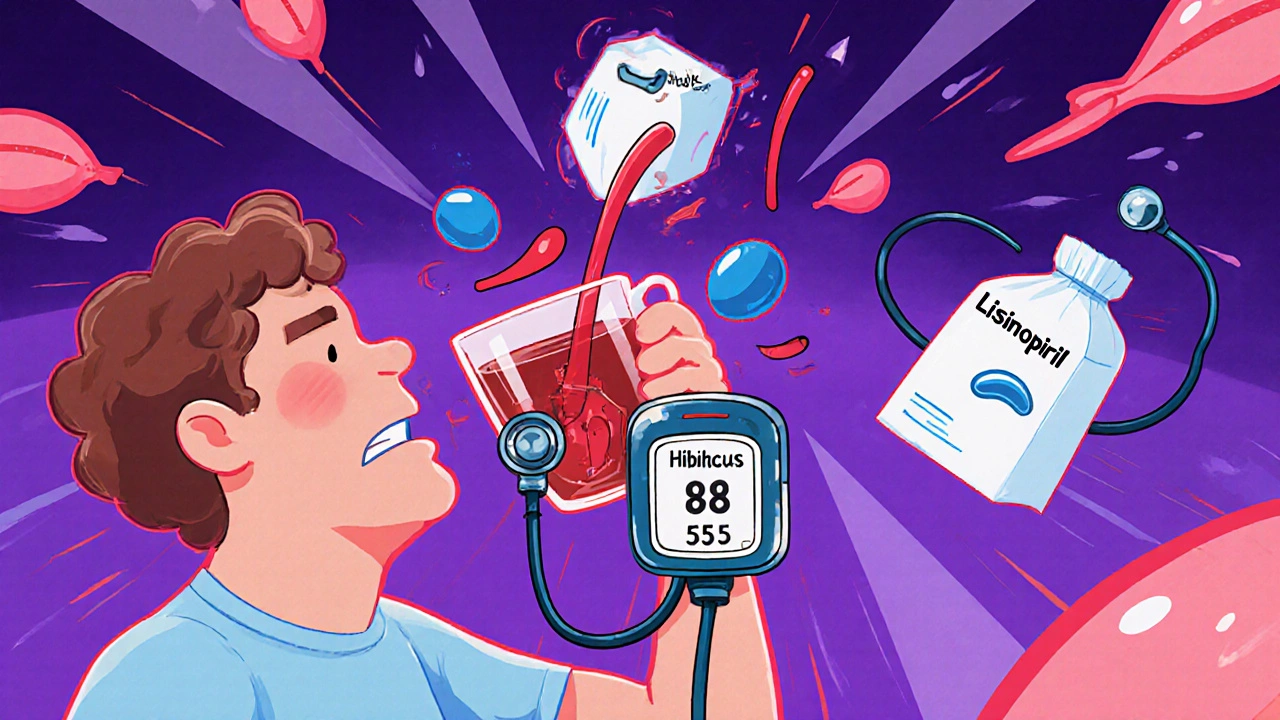
Who’s Most at Risk?
Older adults are the most vulnerable group. Nearly 70% of adults over 65 use herbal supplements, but only a quarter tell their doctor. Why? They don’t see tea as medicine. They think, “It’s just a drink.” People on medications with a narrow therapeutic index are also at high risk. These are drugs where the difference between a helpful dose and a toxic one is tiny. That includes:- Warfarin (blood thinner)
- Digoxin (heart medication)
- Cyclosporine (transplant drug)
- Theophylline (asthma drug)
- Lithium (mood stabilizer)
What You Should Do
You don’t have to give up herbal tea. But you need to be smart about it.- Make a list. Write down every tea, supplement, or herb you take-even if you think it’s harmless. Include how often and how much.
- Bring it to every appointment. Show your doctor or pharmacist your list. Say: “I drink this tea daily. Is it safe with my meds?”
- Don’t assume safety. Just because it’s sold in a grocery store doesn’t mean it’s safe with your prescription.
- Watch for warning signs. Unusual bruising, dizziness, irregular heartbeat, fatigue, or sudden changes in how you feel could signal an interaction.
- Avoid concentrated extracts. Tea made from loose leaves or tea bags is usually lower risk than capsules, tinctures, or powders. But even brewed tea can be potent if you drink several cups a day.
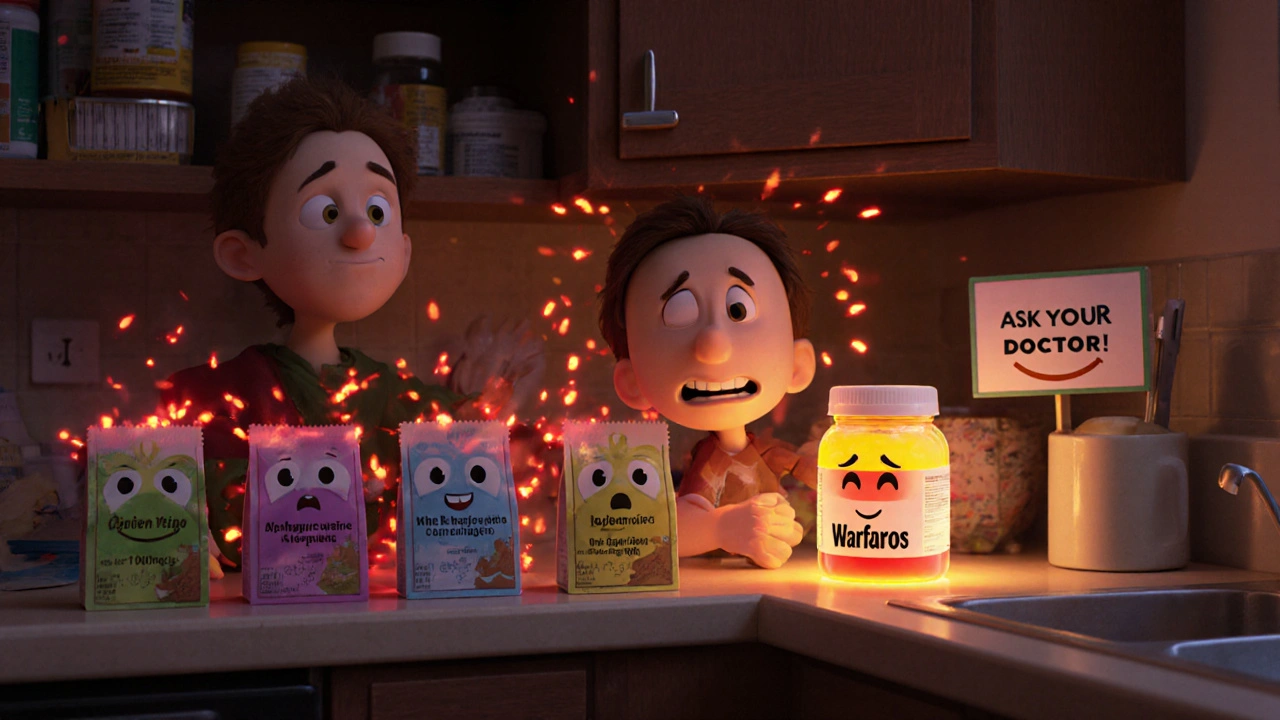
What Your Doctor Should Ask
Most doctors don’t routinely ask about herbal tea use. That’s a gap. The American Academy of Family Physicians says clinicians should make herbal tea part of every medication review. Ask:- “Do you drink any herbal teas regularly?”
- “Have you started any new teas in the last month?”
- “Are you using them for sleep, digestion, or energy?”
What’s Being Done About It?
Researchers are finally taking this seriously. The NCCIH spent $4.2 million in 2023 on herb-drug interaction studies, focusing on green tea, chamomile, and hibiscus. The FDA has started requiring standardized testing for herbal products. The European Medicines Agency now includes interaction warnings on 17 common herbal teas. But progress is slow. Most interactions are still based on lab studies or case reports-not large human trials. That means we don’t always know the real risk. Until we do, caution is the only safe approach.Bottom Line
Herbal tea isn’t the enemy. But it’s not harmless either. If you’re on medication, treat it like a drug-not a snack. Talk to your doctor. Bring your tea list. Don’t guess. The consequences of ignoring interactions can be serious: stroke, internal bleeding, heart failure, or a medication that just doesn’t work. Your health isn’t a gamble. When it comes to herbal teas and meds, it’s better to be safe than sorry.Can I drink green tea if I take statins?
No, it’s not recommended. Green tea can reduce the absorption of statins like atorvastatin by 31-39%, making them less effective at lowering cholesterol. Even moderate consumption-three cups a day-has been shown to significantly lower drug levels in the blood. If you want to drink tea, choose caffeine-free options like rooibos or peppermint instead.
Is chamomile tea safe with birth control pills?
It might not be. Chamomile contains apigenin, which may interfere with liver enzymes that process hormones. Early research suggests it could reduce the effectiveness of oral contraceptives. While human studies are limited, the risk isn’t worth taking. If you’re on birth control, avoid chamomile tea or switch to a non-herbal option like ginger or fennel.
Does hibiscus tea lower blood pressure too much?
Yes, especially if you’re already on blood pressure medication. Hibiscus acts like an ACE inhibitor, which is the same class of drugs used to treat high blood pressure. Drinking hibiscus tea with lisinopril or similar meds can cause your blood pressure to drop dangerously low-sometimes below 90 mmHg. Symptoms include dizziness, fainting, and confusion. Avoid combining them.
Are herbal teas regulated like drugs?
No. Under the Dietary Supplement Health and Education Act of 1994, herbal teas are regulated as food, not medicine. That means they don’t need FDA approval before being sold. Manufacturers aren’t required to prove safety or test for interactions. Labels often don’t list active ingredients or dosages. This lack of oversight makes it hard to know what you’re really drinking.
Can I drink herbal tea while taking warfarin?
Be very careful. Ginkgo, ginger, garlic, and cranberry teas have been linked to increased bleeding risk in people on warfarin. Some studies show clear effects; others are mixed. Because INR levels can change unpredictably, most doctors recommend avoiding all these teas unless you’re under close monitoring. If you must drink them, check your INR more frequently and tell your provider what you’re consuming.
What’s the safest herbal tea to drink with medications?
Rooibos tea is generally considered the safest option. It’s naturally caffeine-free, contains no known drug interactions, and is low in tannins. Peppermint and ginger teas are also low-risk for most people, but check with your doctor if you’re on blood thinners or stomach meds. Always start with one cup a day and watch for side effects.
How long should I wait between taking my medication and drinking herbal tea?
There’s no universal rule. Some interactions happen immediately; others build up over days. For high-risk combinations like green tea and nadolol, even spacing them hours apart won’t prevent the interaction. The safest approach is to avoid the tea altogether if you’re on a medication with known interactions. If you’re unsure, ask your pharmacist to check for specific timing guidelines.

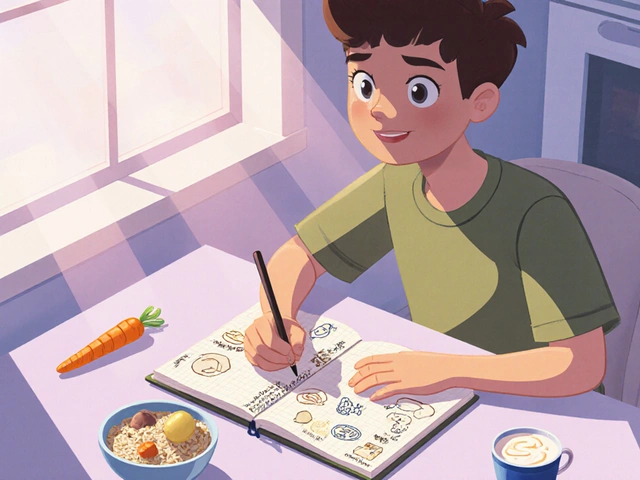
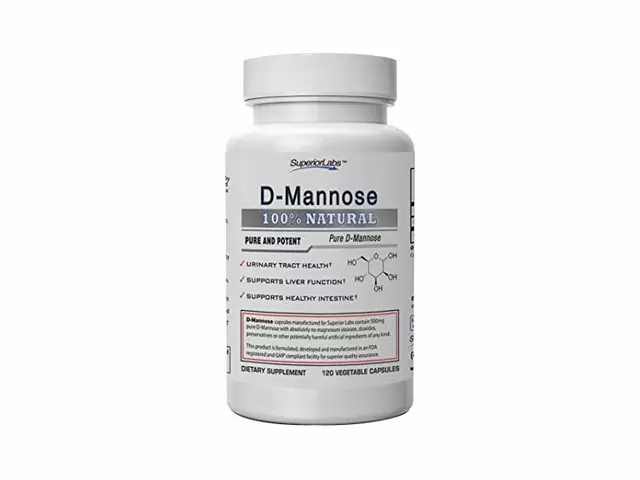
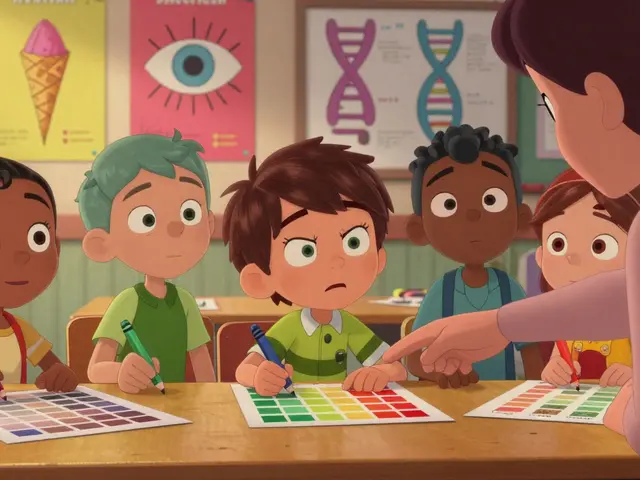
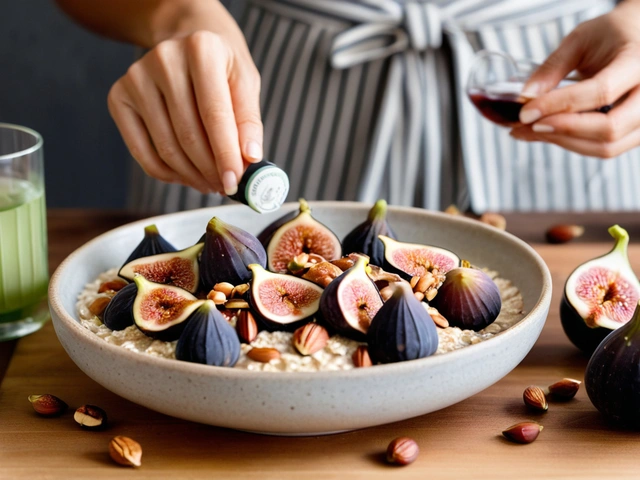
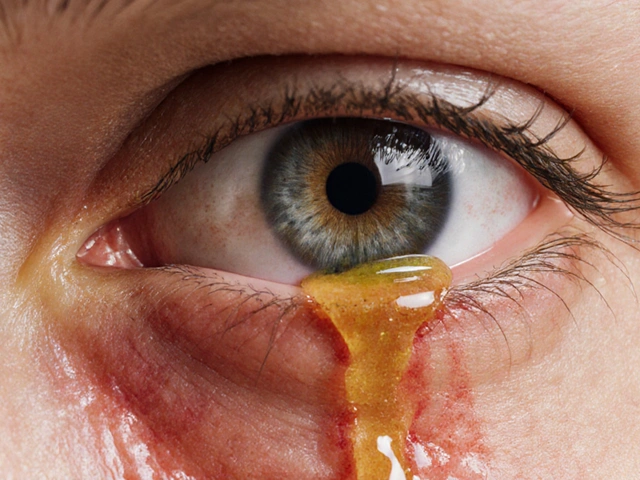
Justin Daniel
November 24, 2025 AT 12:03Holly Schumacher
November 25, 2025 AT 20:08Melvina Zelee
November 26, 2025 AT 04:16steve o'connor
November 26, 2025 AT 07:06ann smith
November 28, 2025 AT 01:31Julie Pulvino
November 30, 2025 AT 00:30Patrick Marsh
November 30, 2025 AT 00:50Danny Nicholls
December 1, 2025 AT 21:57Robin Johnson
December 2, 2025 AT 14:55Latonya Elarms-Radford
December 4, 2025 AT 02:24Mark Williams
December 5, 2025 AT 09:16Daniel Jean-Baptiste
December 7, 2025 AT 00:54